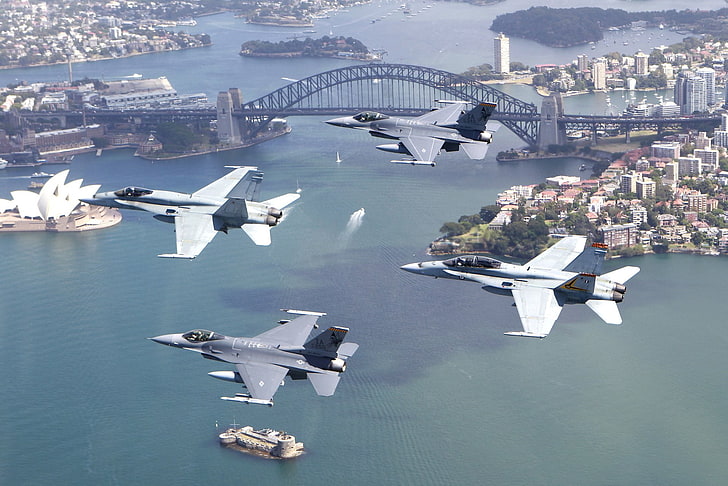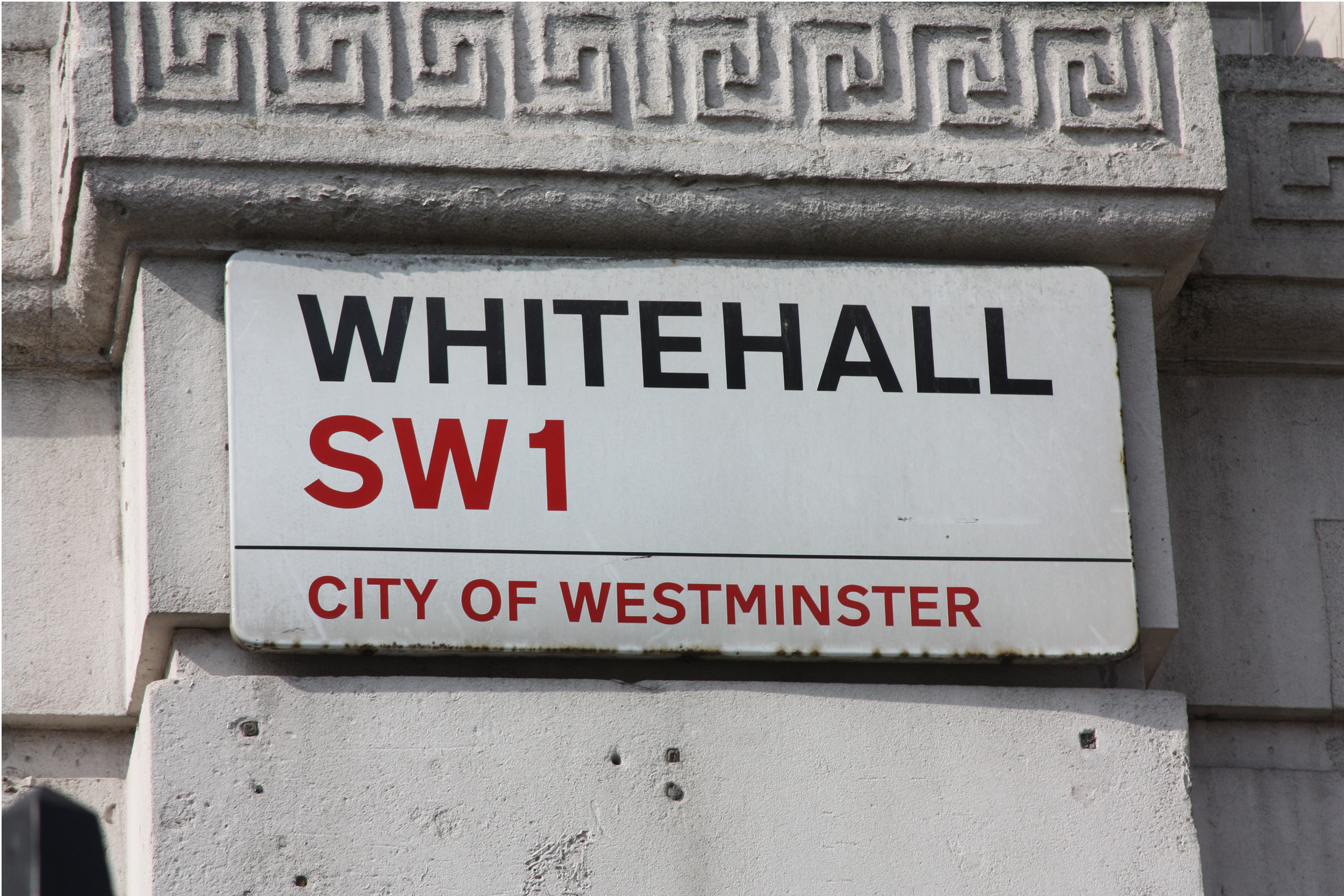In a recent interview about the forthcoming Integrated Security, Defence and Foreign Policy Review, Secretary of State for Defence, Ben Wallace (Conservative MP for Wyre and Preston North) is quoted as saying the government needs to rethink its assumption that the UK would always be fighting alongside the Americans and should use the upcoming review to ensure the armed forces do not have to rely on US air cover and spy planes in future conflicts. However, is preparing to fight wars without the US a realistic course of action for the UK?
Lessons from Recent History
The last time the UK embarked on a significant military intervention without the support of the US was Suez in 1956. The then US President, Dwight D Eisenhower, had strongly warned Britain, France and Israel not to proceed with their planned invasion of Egypt and it was his political pressure, primarily the threat to destabilise the UK’s financial system by selling the US government’s sterling bonds, that led to the withdrawal of forces and the subsequent humiliation of both the Britain and France.
The lessons learned by the UK government from Suez were twofold. Independent military capabilities were necessary should alliances let Britain down in the future, but it was also recognised that Suez had demonstrated the foreign policy difficulties Britain could face without American support. The response was to increase the emphasis on developing an independent nuclear deterrent as the ultimate symbol of British independence, whilst, at the same time, trying to re-establish close ties with the US. In short, Harold Macmillan – the UK Prime Minister in the wake of the Suez Crisis – recognised that fighting wars without the US would only become more difficult, and, therefore, attempted to balance the benefits of an American alliance with a continuing capability to act independently if the demand arose.
UK’s Reducing Capacity for Unilateral Military Action
The UK still retains an independent nuclear deterrent; however, that is no longer considered the means to act independently in anything but the most cataclysmic of circumstances. Moreover, since the 1950s, the UK’s conventional military capability has been subject to a continuous process of contraction and decline. Today the Royal Navy struggles to generate sufficient escort ships to deploy a single carrier strike group and the Army is unable to sustain an expeditionary force above brigade level. As a result, in anything other than the most basic intervention operation, the UK no longer has the ability to act independently.
This fact is acknowledged by policy makers. As far back as the Labour government’s 2003 Defence White Paper – Delivering Security in a Changing World, it was recognised that UK forces could “expect to conduct operations alongside and integrated with US, NATO, European, UN or other forces.” Furthermore, a major focus from that time was “on furthering interoperability with US forces.” This theme was continued by the Conservative/Liberal Democrat coalition who confirmed in SDSR 2010 that the pre-eminent defence and security relationship with the US was its highest international engagement priority. Five years later the Conservative government re-affirmed the US as “our pre-eminent partner for security, defence, foreign policy and prosperity” in SDSR 2015.
The Situation Today
Given this, why does the Defence Secretary now believe the UK should be preparing to fight wars without the US? In the first instance, Wallace points to Donald Trump’s isolationist foreign policy as the principal driver for a change in UK national strategy, admitting that the prospect of America withdrawing from the world “keeps me awake at night.” However, evidence suggests that US presidents tend to become more foreign-policy orientated during a second term, as they no longer have to worry about re-election issues and instead focus on legacy-building. That said, Trump’s unpredictability in his dealing with international events does not guarantee that would necessarily be a positive for the UK!
Of course, there is also no guarantee that Trump will be successful in his bid for re-election later this year. Either way, although another four years of Trump presidency is likely to be turbulent, it is finite. National strategy demands a long-term view of the nation’s interests and not a knee-jerk reaction to short-term issues. The pragmatic national strategic approach for the UK would be to ride out what remains of the stormy Trump presidency and concentrate on what comes after.
There is also a military angle to consider. Not only does the UK no longer have the military mass to act independently, it is nowhere close to maintaining a full spectrum of military capabilities. As a result, in any future conflict, it will always be looking for a partner to cover some fundamental capability gaps, for example short range air defence. This was evident during the 2011 intervention in Libya, when both the UK and France could not operate without US support, specifically in intelligence gathering, command, control and communications, and air-to-air refuelling.
Furthermore, there is a clear recognition among senior UK military decision makers that significant investment is needed as a priority if the UK is to make good on the Chief of the Defence Staff, General Sir Nick Carter’s commitment to expand space and cyberspace capabilities in order fully to embrace multi-domain operations. This alone will be taxing for defence planners to reconcile during the forthcoming defence review. If the shopping list is to be extended to include shortfalls that, in recent times, the UK has looked to the US to fill, it will become unaffordable very quickly.
Conclusion
UK national strategy, and its associated acquisition and maintenance of military capability has been predicated on relying on the US for well over fifty years. Moreover, that approach has driven investment on defence to a point where there is no alternative in the short term and limited financial capacity to pursue a different policy in the long term. Therefore, fighting wars without the US is not currently a viable assumption. To suggest otherwise is simply not credible.






